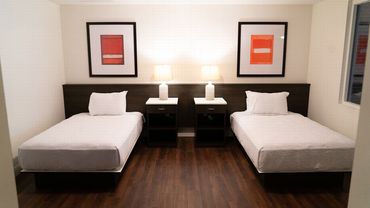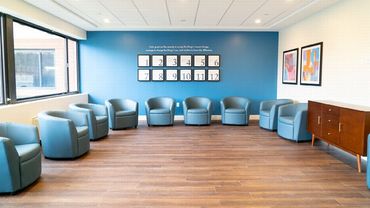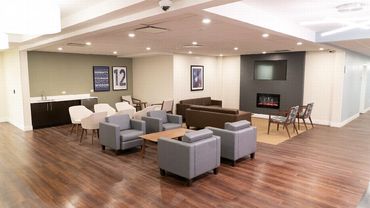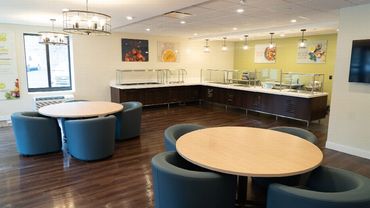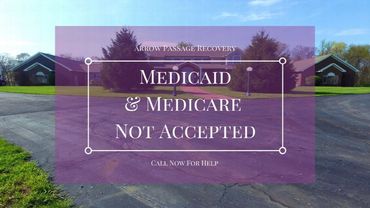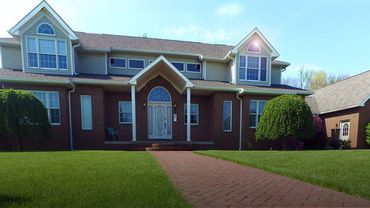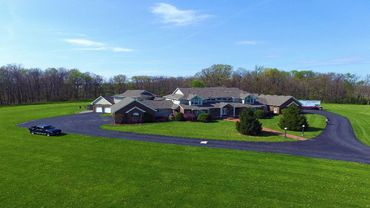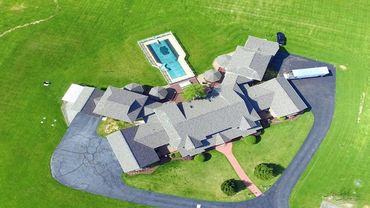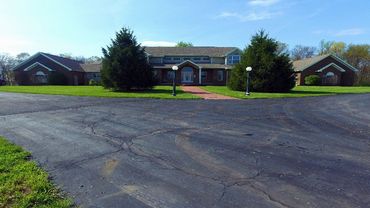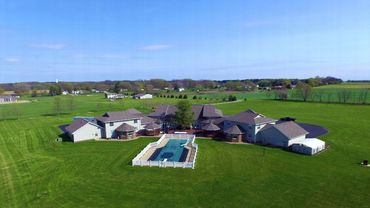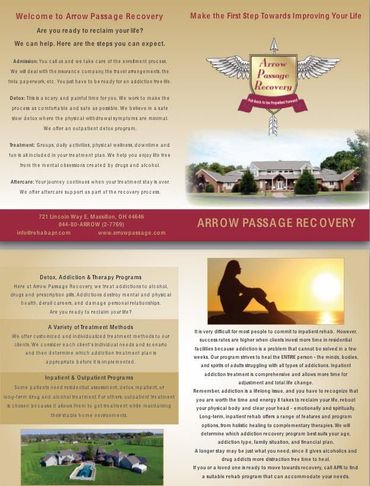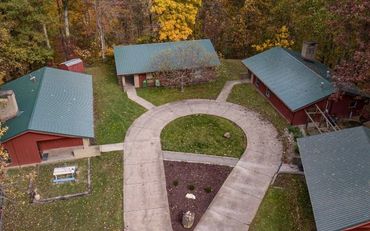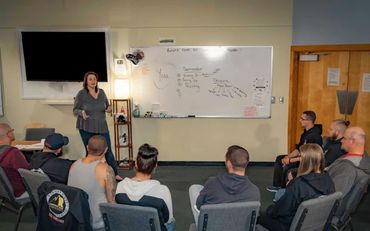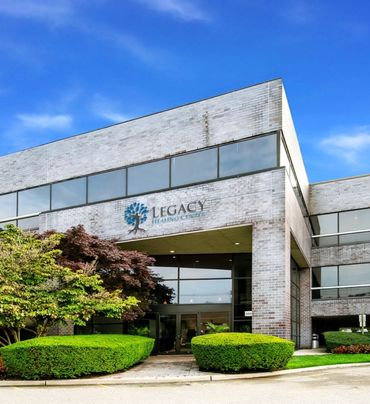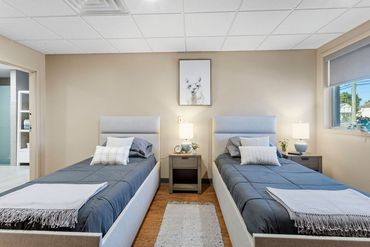
Drug & Alcohol Rehab Centers near Monroeville, PA
Taking the first step toward recovery from substance use disorder in Monroeville, Pennsylvania, is a crucial decision. Understanding available treatment options and payment choices is vital to embark on a successful journey to recovery.
Treatment Centers near Monroeville, PA
Open to Travel? Check out Top-Rated Options
All Treatment Centers near Monroeville, PA
Are You Covered For Treatment?
- Philadelphia Rehabs
- Pittsburgh Rehabs
- Erie Rehabs
- Lancaster Rehabs
- York Rehabs
- Washington Rehabs
- Altoona Rehabs
- Wilkes Barre Rehabs
- Harrisburg Rehabs
- Scranton Rehabs
Information About Rehab in Monroeville
Latest Reviews
Latest Reviews of Rehabs in Pennsylvania
Jade Wellness Center
Deep caring for the patients/clients and open to innovative methods. Yet a lack of structure, not hiring quality staff with experience, and not having an ability to delegate.
Area Information
Nestled in Allegheny County, Monroeville is a vibrant town known for its welcoming community and convenient location. Its proximity to Pittsburgh provides residents with access to urban amenities while enjoying a suburban lifestyle. With a diverse population of around 28,0001 and a range of recreational activities, Monroeville offers a well-rounded living experience.
Substance Misuse and Addiction in Monroeville, Pennsylvania
Substance misuse and addiction pose significant challenges in Allegheny County, the county in which Monroeville is located. A recent report from the Medical Examiner’s office reveals that 719 overdose deaths were recorded in 2021 alone.2 This staggering figure represents 25 percent of all deaths within the jurisdiction of the Medical Examiner’s office, marking a five percent increase from the previous year.2
Drug and Alcohol Rehab
Embarking on the journey to recovery involves exploring various rehab options and programs tailored to treat addiction. Each individual’s path is unique, and rehab facilities are equipped to address diverse needs and stages of recovery.
What Happens in Drug and Alcohol Rehab?
Rehabilitation involves multiple levels of care, including detox, inpatient, outpatient, and aftercare. These stages cater to individuals at different points in their recovery journey, providing the necessary support for a comprehensive healing process.
Detox Programs
Detoxification, often the initial stage of the recovery journey, plays a critical role in addressing the physiological aspects of substance use disorder. Medically monitored detox programs are designed to provide a safe and supportive environment for individuals undergoing withdrawal. Trained healthcare professionals closely observe patients, administering medications to alleviate the uncomfortable symptoms associated with discontinuing substance use. This phase is crucial as it helps clear the body of toxins and sets the foundation for subsequent treatment modalities.
How Long Is Detox in Rehab?
While the duration of detox can vary based on individual factors such as the type of substance, duration of use, and overall health, it generally spans from 3 to 7 days. The comprehensive care offered during detox ensures a smoother transition to the next stages of rehabilitation, promoting a more effective and sustainable recovery.
Inpatient Drug and Alcohol Rehab
Inpatient drug rehabilitation represents a more immersive and structured approach to healing. These programs typically last for 30, 60, or 90 days, providing individuals with a therapeutic environment where they can focus solely on their recovery. Inpatient facilities offer a range of therapeutic interventions, including individual counseling, group therapy, and holistic approaches to address the physical, emotional, and psychological aspects of addiction. One key aspect of inpatient drug rehab is the incorporation of group therapy sessions, fostering a sense of community and support among individuals facing similar challenges. Additionally, these programs are equipped to address any co-occurring disorders that may accompany substance use, ensuring a comprehensive and tailored approach to each individual’s unique needs.
Outpatient Drug and Alcohol Rehab
Outpatient rehabilitation offers a flexible yet comprehensive approach to addiction recovery, making it well-suited for individuals with a supportive home environment. Participants in outpatient programs engage in regular therapy sessions, including both individual and group sessions, to address the underlying causes of addiction. The flexible scheduling allows individuals to continue with their daily responsibilities while actively participating in their recovery journey. A distinctive feature of outpatient treatment is its emphasis on aftercare and relapse prevention strategies. As individuals progress through the program, they learn essential coping mechanisms, stress management skills, and strategies to navigate the challenges of everyday life without resorting to substance use.
How Much Does Rehab Cost?
The prospect of paying for rehab can be daunting, but it should not prevent anyone from seeking help. Various options and resources are available to help alleviate the financial burden. such as:
- Payment Plans
- Government Grants and Scholarships
- Free Rehab
- State-Funded Rehab
Does Insurance Cover Drug and Alcohol Rehab?
Drug rehab is often at least partially covered by insurance, making treatment more accessible and affordable. Widely accepted drug rehab insurances include:
Finding The Best Rehab Center
Monroeville, Pennsylvania Drug and Alcohol Rehab Facilities
Our rehab locator tool assists individuals in finding nearby facilities, whether in Pennsylvania or beyond. While in-state options are available, going out of state is often recommended to minimize distractions during treatment.
Sources
- United States Census Bureau. Monroeville, Pennsylvania. July 1, 2022.
- Office of the Medical Examiner. Allegheny County. Allegheny County Reports 719 Overdose Deaths in 2021. July 8, 2022.
